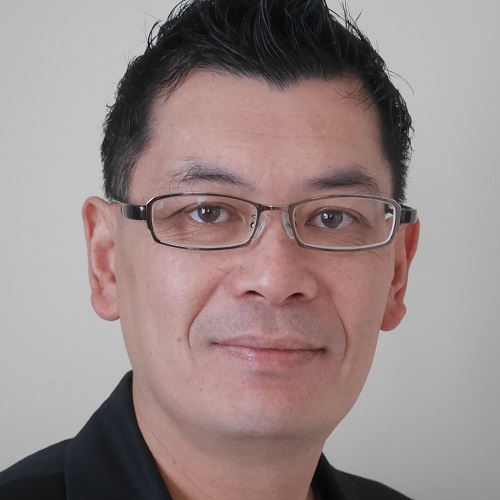Growing single crystals
Our expertise in producing quality samples of single crystals to probe the intrinsic properties of materials is available to research and commercial partners.
The science
Heating substances to high temperatures and then cooling them to create single crystals is integral to the reliable study of materials. In our facility, materials are heated to very high temperatures using a self or additive flux to help melt the reactants. These are then cooled at a set rate to allow single crystals to form.
Thin film samples of a few atomic layers thick have electrical properties different from bulk materials. For example, we have made low dimensional layered organic-inorganic semiconductors that showed ferromagnetism at low temperatures.
We have also prepared and investigated several families of iron-based superconductors that could operate at much higher magnetic fields compared to the LTS. These new superconductors could potentially replace LTS-based magnets currently used in MRI and NMR for higher image and signal resolution. We have facilities to produce these using pulsed-laser deposition or sputtering.
We have the capability to produce high quality polycrystalline and single crystal samples, enabling great science to be undertaken.

Dr Shen Chong
Impact and potential
The Institute is finding methods to grow quality samples of single crystals to help researchers probe the intrinsic properties of materials without the adverse effects introduced by impurities. Single crystal samples allow researchers to study both the original material and the pure crystal to make comparisons, draw conclusions and characterise the material effectively. These samples are ideal to be studied under extreme environments where we have high-pressure probes to explore their magnetic, electronic, and optical properties up to several GPa.
Access to the facility allows research and commercial partners to investigate and prototype new compounds.
Capabilities
- Pulsed-laser deposition (to come) to prepare low dimensional functional materials
- Expertise in characterising the functional properties of nanoparticles
- Furnaces that can reach as high as 1700°C
- Vertical furnaces that can quench the reaction
- High magnetic field and low-temperature magnetic and physical properties measurement systems
- Training and consultation
The people
Dr Shen Chong enjoys the study of new materials and thrives on the collaboration with colleagues from multiple disciplines. He prides himself on the production of quality samples to aid in the advancement of research, and his facility is in high demand from those in the Institute and beyond.


